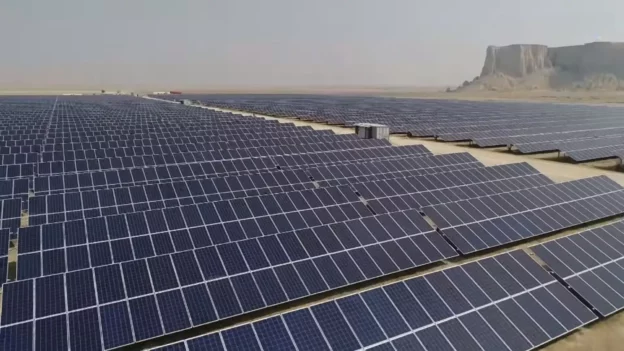A team of scientists from the Amrita Vishwa Vidyapeetham University in Coimbatore, India, has created a photovoltaic functional pattern by developing solar panels with organic algae , allowing progress in the energy branch.
Solar panels with organic algae
This advance focuses on the use of the macroalgae Pithophora , a special algae that is commonly found in ponds and other bodies of freshwater, forming dense mats on the surface of the water or growing on the seabed.
The researchers collected these algae and processed them into small fragments to create a biofilm. This biofilm was placed between two modified electrodes: a top copper electrode coated with activated carbon and a bottom titanium oxide electrode coated with fluorine-doped tin oxide . These components function respectively as the electron and hole transport layers.
Preliminary research results were promising, especially in low-power applications. This would allow the supply and energy upgrade of small solar panels and integrated batteries .
Although the current efficiency of these biophotovoltaic devices is lower in relation to silicon solar cell technology and perovskites , the use of algae offers an ecological alternative because it does not require expensive or toxic materials and can be grown using renewable resources. .
Follow us on social networks and don’t miss any of our publications!
Inspenet.com YouTube LinkedIn Facebook Instagram X
Source and photo: elespanol.com

